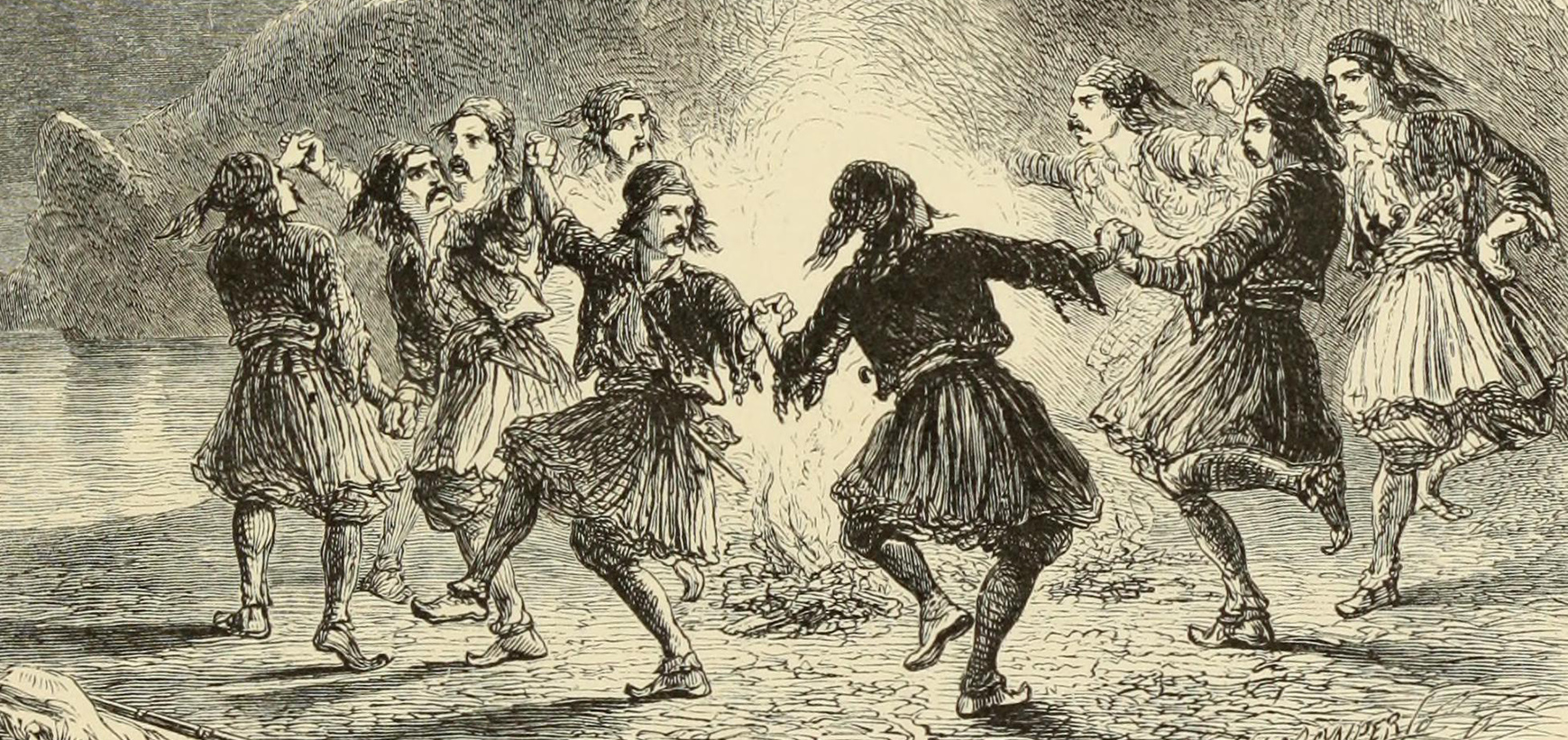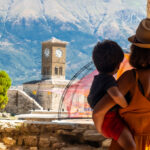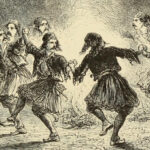Whenever you visit Albania, you’ll quickly discover that the warm smiles, open doors, & endless cups of coffee are more than just good manners, they are part of something much deeper. It’s called “Besa”, and it’s one of the most powerful and beautiful aspects of Albanian culture.
But what is Besa, & why it is such a vital part of Albanian hospitality? Let’s explore the heart of this ancient tradition that continues to shape the way Albanians treat friends, family, and even strangers.
What Is Besa?
In Albanian, “Besa” roughly translates to “a pledge of honor” or “a word of trust.” It’s a centuries-old concept that goes far beyond language. Besa is a moral code, a promise that one’s word is sacred and must be kept, no matter the cost.
Rooted deeply in the country’s code of honor known as the Kanun, Besa is especially important when it comes to offering hospitality, protection, and loyalty.
Hospitality That Comes From the Heart
In Albania, guests are sacred. Whether you’re a long-time friend or someone just passing through, you’re likely to be greeted with warm welcomes, home-cooked meals, and a level of generosity that may surprise you. This isn’t just politeness, it’s Besa in action.
You may be offered a seat at the family table, a place to sleep, or even the last piece of dessert. Refusing is often met with genuine confusion, as Albanians feel a deep responsibility to care for their guests.
A Tradition That Protected Lives
Perhaps the most remarkable example of Besa in history is during World War II, when Albania, despite being occupied and under threat, offered refuge to hundreds of Jewish families. Albanians took them in, hid them, and protected them with their lives.
Why? Because of Besa. It wasn’t about politics or religion. It was about doing the right thing, because once you give your word to protect someone, breaking that promise is unthinkable.
Modern Besa: Still Alive Today
While Albania has modernized, Besa is far from forgotten. It lives on in every shared meal, in the way neighbors help each other, and in the way locals will go out of their way to guide a lost tourist—even if they don’t speak the same language.
Travelers often remark that Albania is one of the most welcoming countries they’ve ever visited. That’s not a marketing slogan, it’s a reflection of a genuine, time-honored tradition.
Experiencing Besa Firsthand
Want to see Besa in action? Here’s how you might encounter it:
- Invitations from strangers: It’s not unusual to be invited into someone’s home for coffee or a meal, especially in rural areas.
- Local guidance: Need help? Locals may walk you to your destination, not just point you in the right direction.
- Unconditional generosity: Albanians will often offer more than expected—food, help, or comfort—without asking for anything in return.
Respecting the Tradition
As a visitor, it’s important to recognize and respect the generosity extended to you. Simple things like accepting a coffee, offering thanks (“faleminderit”), or being open to conversation go a long way. Honor Besa with humility and gratitude.
Besa: More Than a Word
In a world that often moves too fast, Albania reminds us of the power of trust, honor, and community. Besa isn’t just about tradition, it’s about humanity. It’s the reason Albanian hospitality feels so genuine, and why people return not just for the landscapes, but for the people.
So, when you explore Albania, don’t just visit the cities or the beaches. Sit down with locals. Share a meal. Listen to their stories. You’ll quickly see that Besa is still alive, and it’s one of the most beautiful gifts the country has to offer.











0 Comments